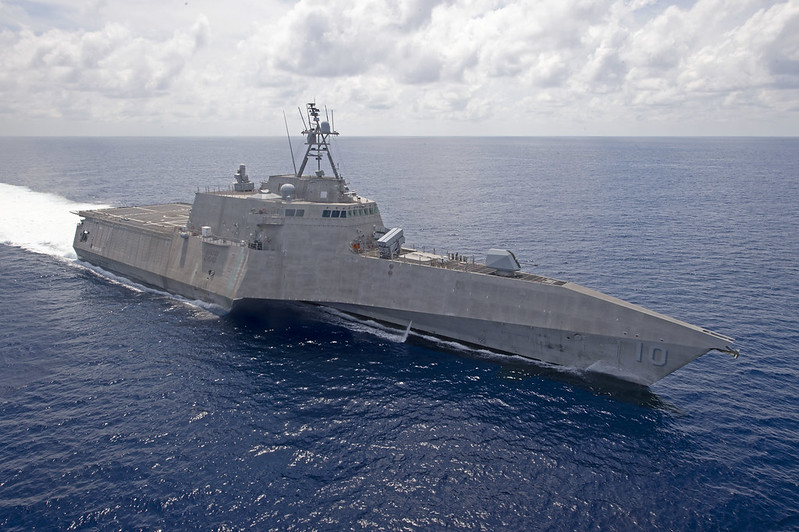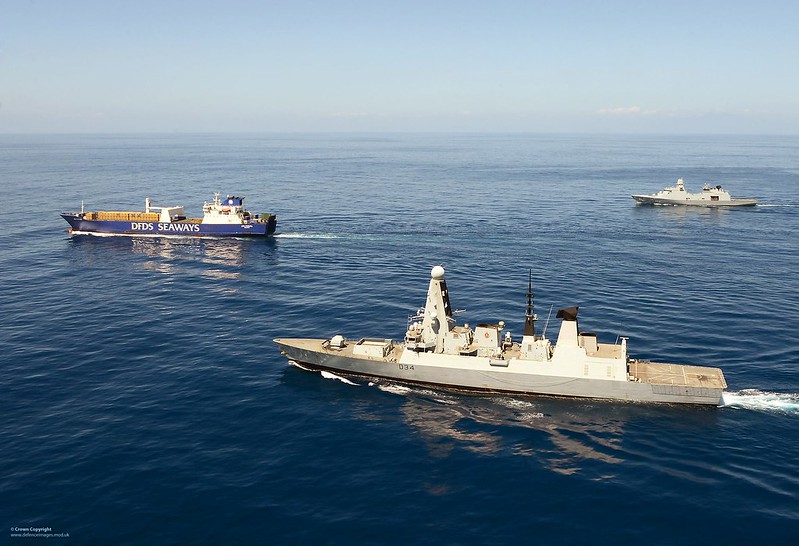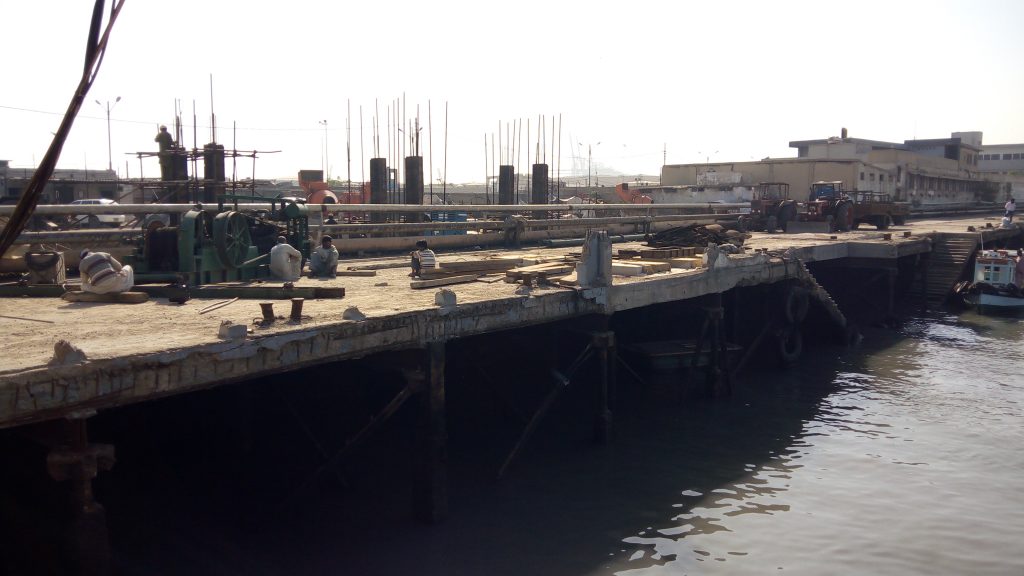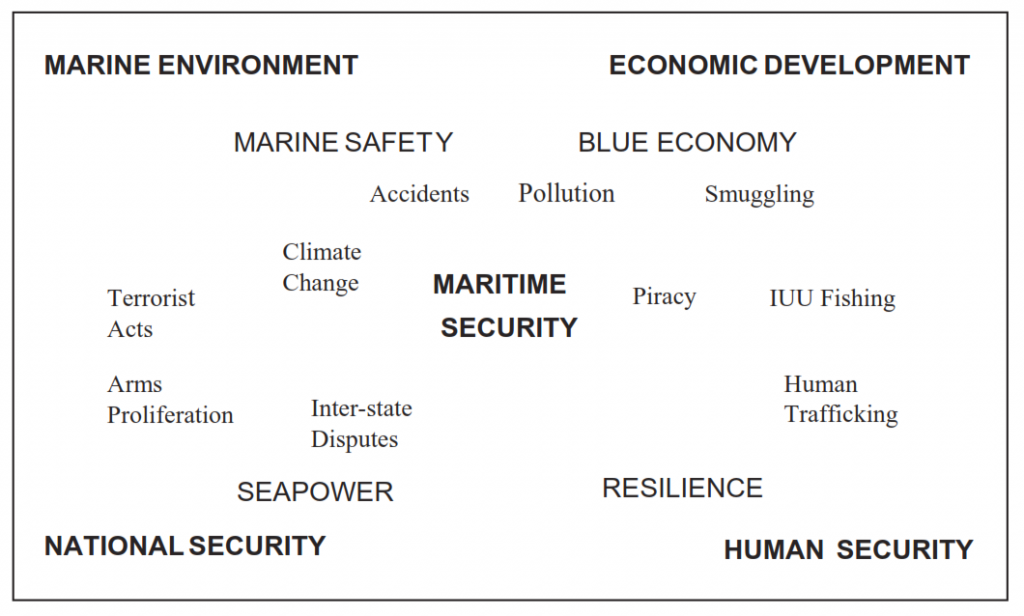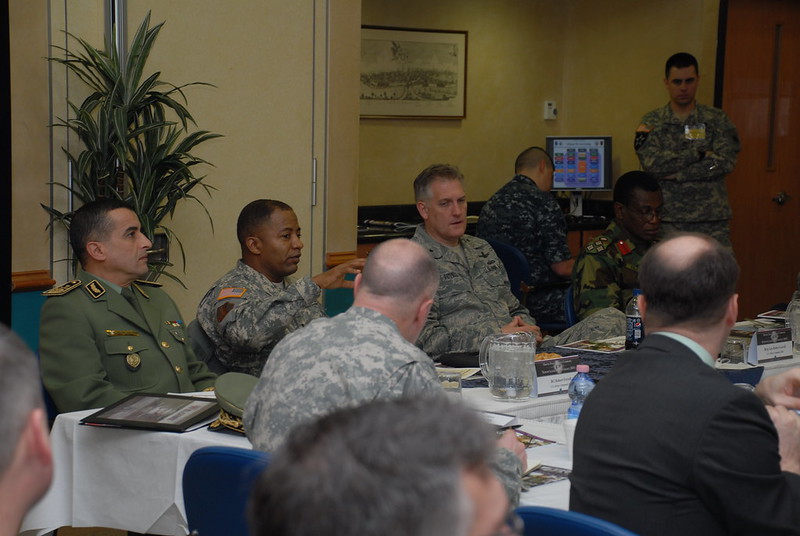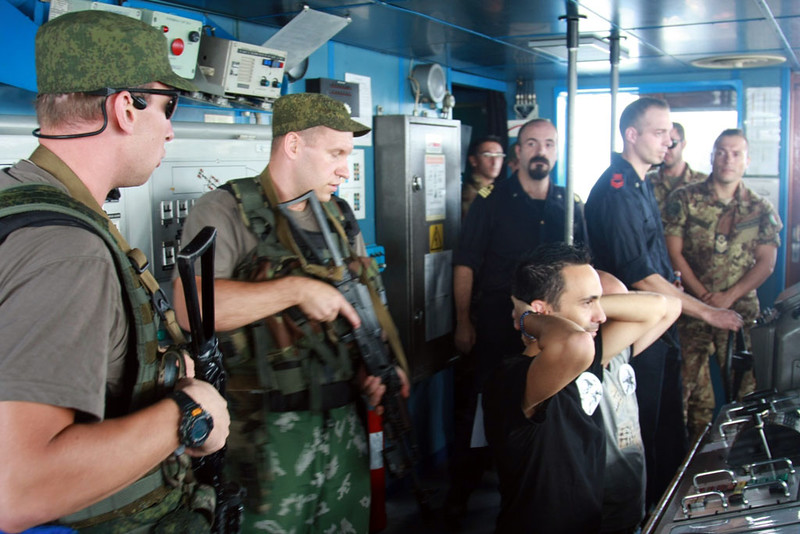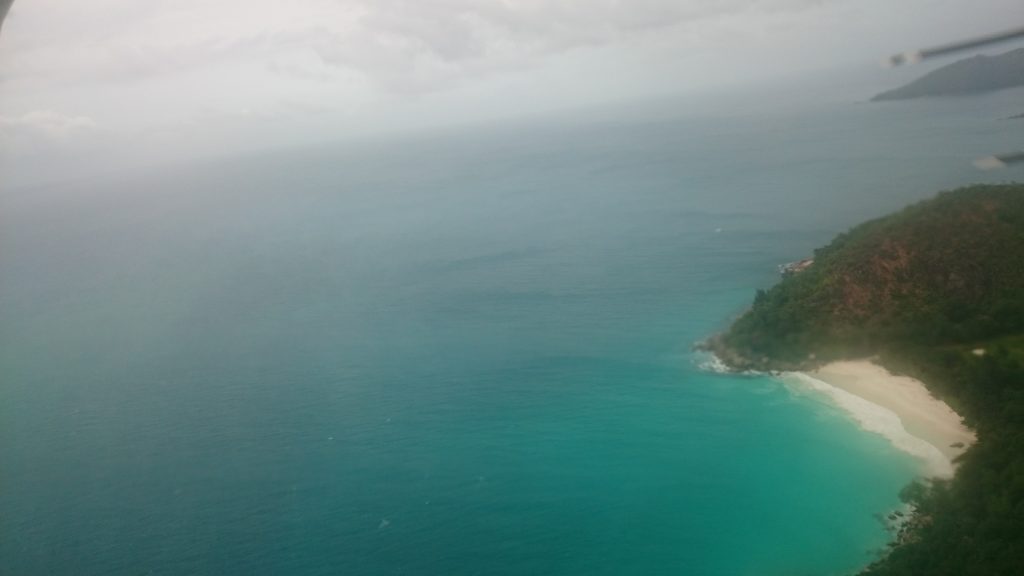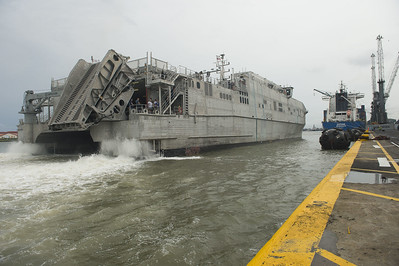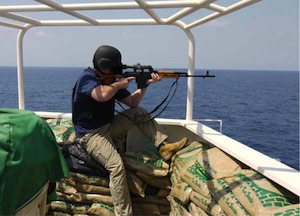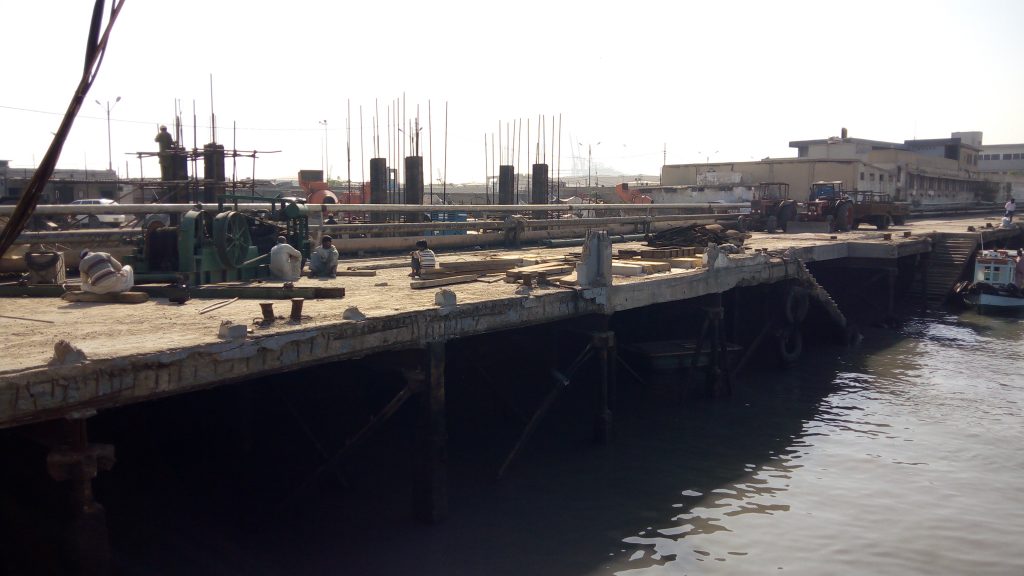 Concepts are not only descriptive of our activities, they are also prescriptive. They direct actions and provide a certain understanding of how things should be done. They stand for distinct (political) projects. The projects analyzed in SAFE SEAS aim at building capacity for maritime security. While the concept of maritime security has been discussed in a previous post, what does capacity building entail?
Concepts are not only descriptive of our activities, they are also prescriptive. They direct actions and provide a certain understanding of how things should be done. They stand for distinct (political) projects. The projects analyzed in SAFE SEAS aim at building capacity for maritime security. While the concept of maritime security has been discussed in a previous post, what does capacity building entail?
International Relations Must Challenge the Freedom of Security at Sea
We should be embarrassed that so little has been written about the politics of the sea in the field of International Relations (IR). Traditionally limited to the study of relations between states, even the cultural turn that so reinvigorated scholarship in IR a few decades ago has maintained the focus of research on political phenomena … Read more

